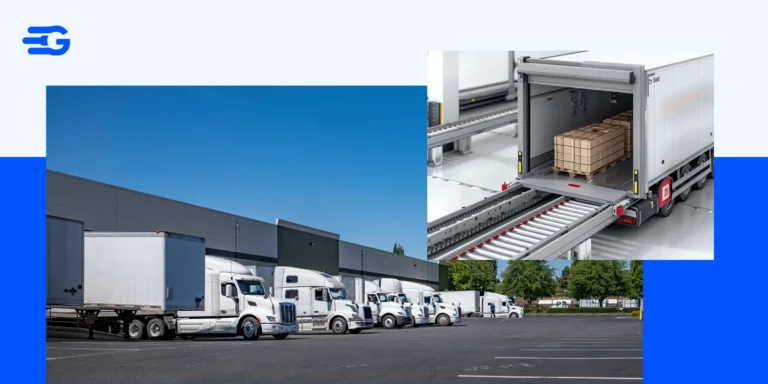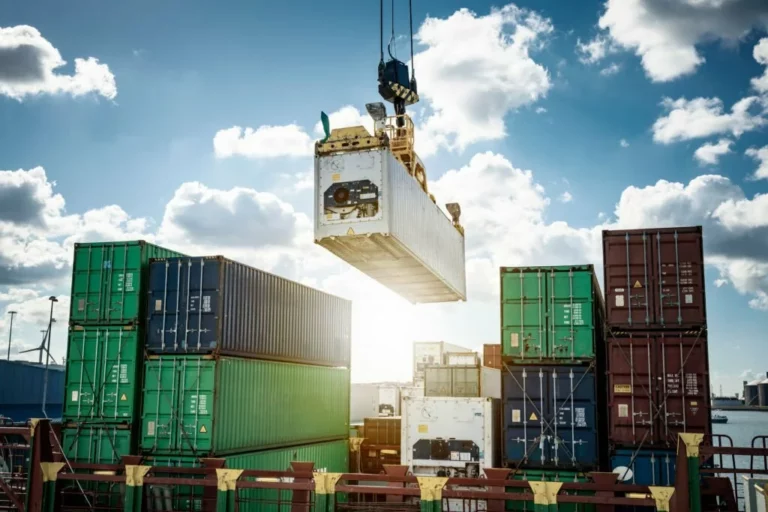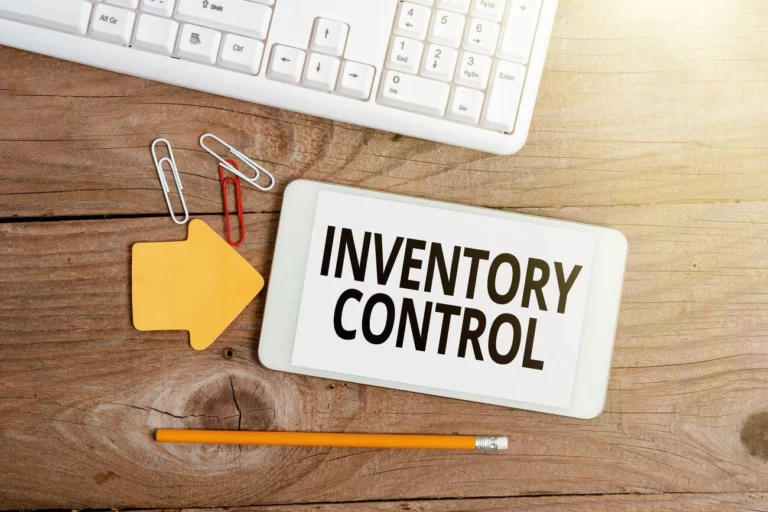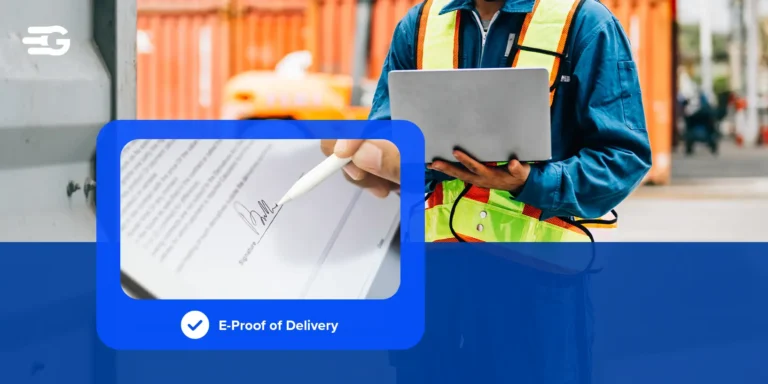Top 9 shipping terms to keep in mind
Whether you are a seasoned professional or just starting out in the logistics industry, there are quite a few common terms that you need to be aware of. This will help you to understand the freight forwarding process and ensure smooth operations.
To enable an efficient supply chain, and avoid miscommunications in payment of freight, shipment costs, insurance and security policies as well as minimize errors, it is advisable to keep common shipping terminology at your fingertips.
Understanding the importance of shipping terms is crucial for transporting your goods safely, without any hassles. But keeping a track of all the abbreviations and terms used in the industry can be a tad difficult. Here are some of the most relevant terms in the freight industry that a shipper must be familiar with for a hassle-free shipment process.
Essential logistics terms to remember:
- Incoterms
The International Commercial Terms (Incoterms) is a set of standards that determine the responsibilities of buyers and sellers for the delivery of goods by all modes of transport. In simpler terms, the Incoterms are the terms that both buyers and sellers agree upon when undertaking international or domestic trade.
Incoterms are revised every 10 years by the ICC and it is advisable to adhere to the latest version for lesser misunderstandings i.e. incoterms 2020. Find out the key changes in Incoterms 2020 here.
- Change of Destination (COD)
Due to unforeseen circumstances, if there is a need for changing the destination of your container other than the one that had been agreed upon in the Bill of Lading, you can request a COD. This request will take care of discharging your container and transport your goods to the new destination.
- Bill of Lading
There are several definitions of a bill of lading and several variations as well. In the simplest of terms, it is a document that acts as a legally binding ‘evidence’ of the contract between the shipper and carrier to transport goods from source to destination as per the sales contract agreed upon by both the shipper and the consignee.
A bill of lading also acts as a receipt or proof that the cargo that set out from the shipper’s manufacturing unit or warehouse was received in sound condition by the carrier. As a shipper, here is everything that you need to be aware of about the Bill of Lading.
- Less than Container Load (LCL)
An economical option for smaller shipments, LCL allows for shipping goods at lower rates as the container also consists of consignments from other importers. Transit times are longer but sharing space makes LCL shipments, also known as groupage, eco-friendly alternatives.
- Full Container Load (FCL)
This is the opposite of LCL shipments. The container contains only your goods, provided you have enough consignments to take up the entire container. Transit times are faster, and it is safer to ship via FCL as the risk of damage to your goods is lesser when compared to LCL shipments.
- Consignee
The consignee is generally the owner of the goods, and he’s the person/company that the shipments are being delivered to. A consignee can also act as an agent, on behalf of the consignor. A freight forwarder takes on the role of an intermediate consignee, where they are responsible for the goods in their possession, till they can hand them off to the ultimate consignee.
- Demurrage (DM)
If for any reason, you are unable to pick up your containers within the allotted time, a free period is provided by the container line, to store them in the port. Post this duration, if there is still a delay, the container line will charge a fee for the number of days that your containers were left in the port. For a seamless supply chain, knowing how Demurrage Fees in Shipping and Logistics impact operations is crucial.
- Detention (DT)
On the other hand, detention is a fee imposed by the container line if you have picked up your containers on time but failed to return the empty containers within the free period. You will be charged for the number of days it took to return them to the container line.
- Third-Party Logistics (3PL)
Third-party logistics (or 3PLs) refers to the outsourcing of logistics processes, including inventory management, warehousing, and fulfilment. 3PLs providers allow e-commerce merchants to accomplish more, with the tools and infrastructure to automate order fulfilment. Some of the third party logistics providers are freight forwarders and courier companies. Here’s how you can decide whether your organisation will benefit most from a 3PL or a 4PL provider.
For clear coordination among the shippers and all other stakeholders, understanding the basic logistic terminology is a must. To know more about the jargons used in the shipping industry, and for a cost-effective resilient supply chain, reach out to us here.






